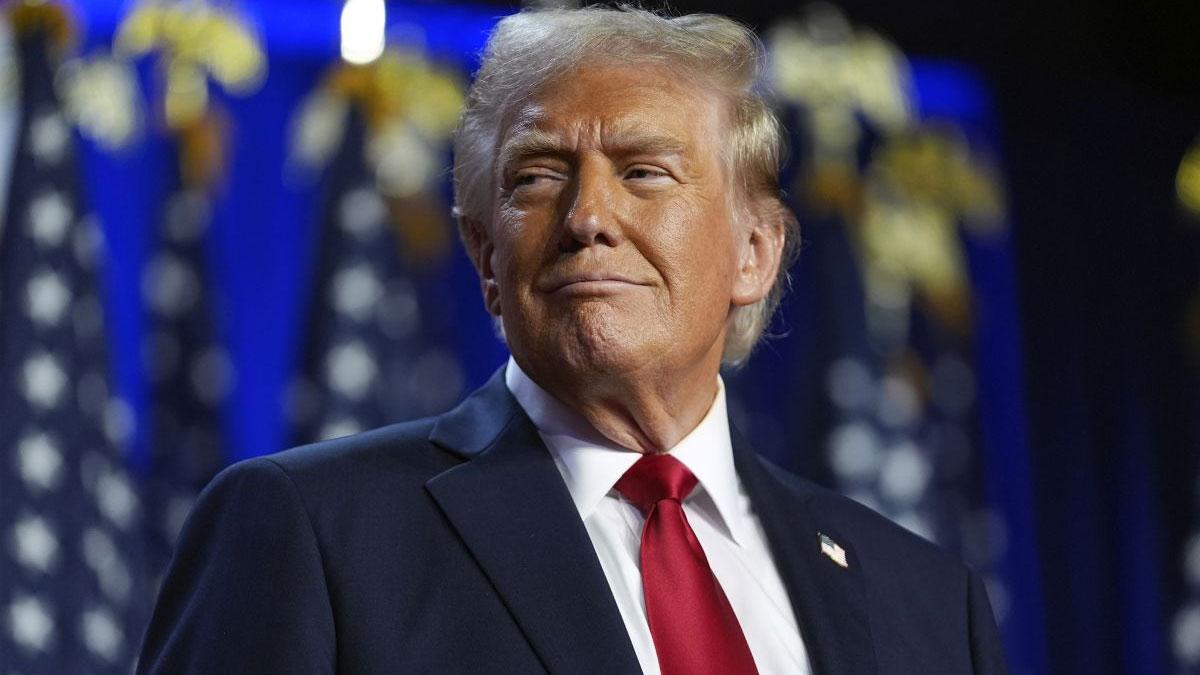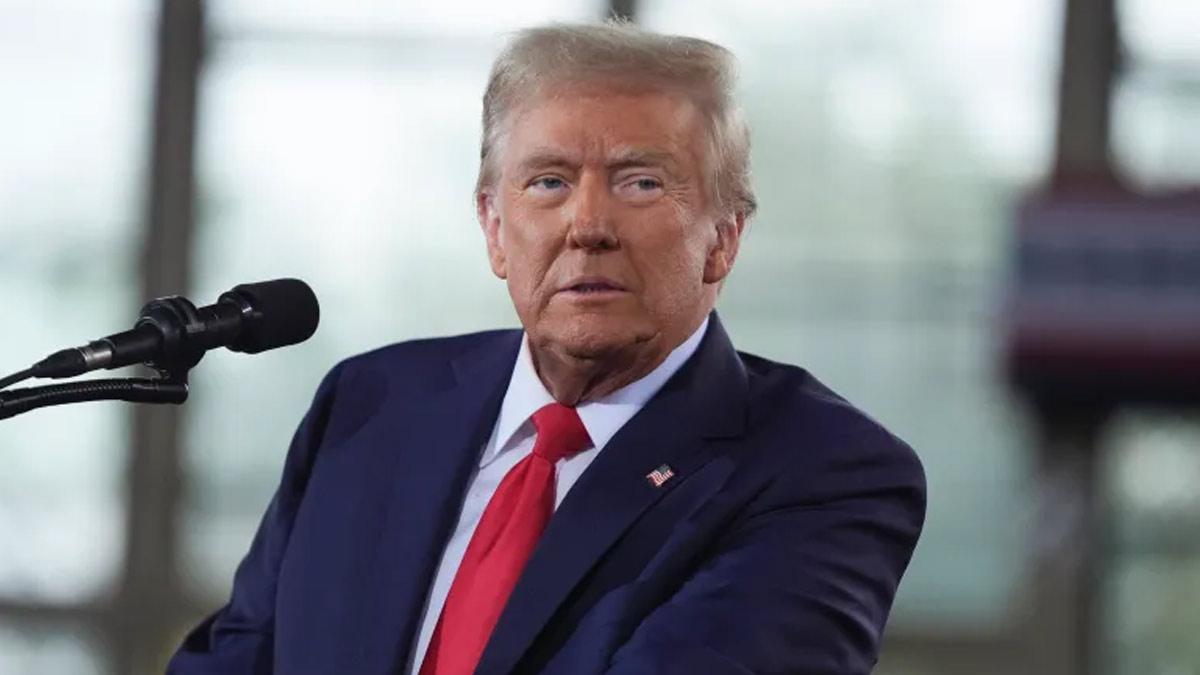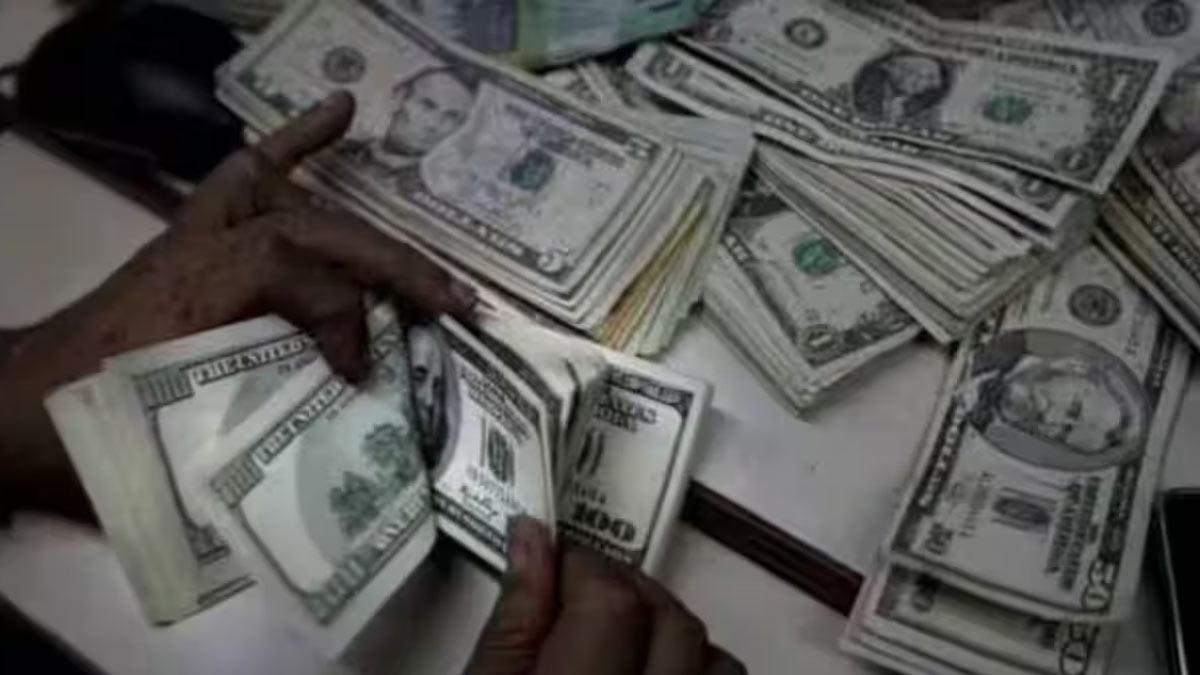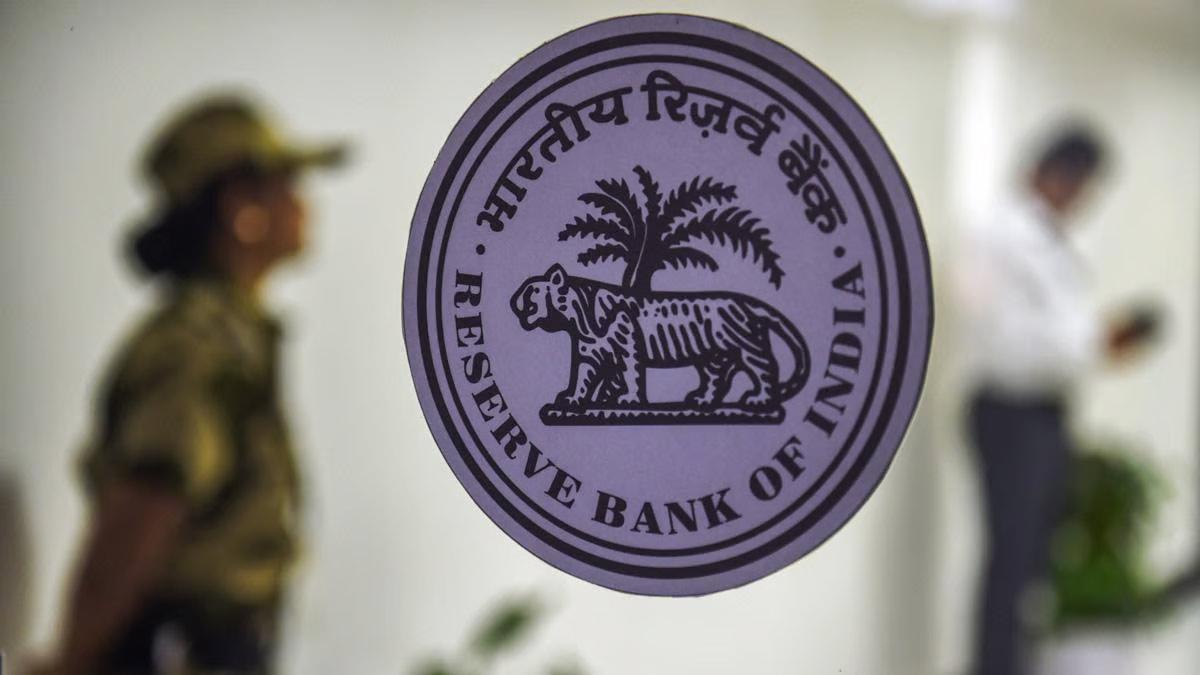U.S. President Donald Trump has made a blunt threat to China, threatening to add an extra 50% tariff on Chinese imports unless Beijing reverses its recent tariff increase.
The new tariffs, which will become effective on April 9, 2025, would make the total U.S. tariffs on Chinese goods an eye-watering 104%, exceeding the products' actual value and posing concerns over the impact on American consumers.
Switching to his Truth Social platform on Monday, Trump stated, "If China does not roll back its 34 per cent escalation on top of their already extended trading abuses tomorrow, April 8th, 2025, the US will impose ADDITIONAL Tariffs of 50 per cent on China, effective April 9th."
He also indicated that he was pulling the plug on any current tariff negotiations with China, indicating a hardline approach which could revive a full-scale trade war.
Trump’s announcement was in direct response to China’s move to hike tariffs on U.S. imports by 34% — a retaliatory step matching the earlier reciprocal tariffs he had placed on Chinese goods last week. When asked by reporters if the U.S. would consider pausing the tit-for-tat tariff escalation, Trump firmly responded, “We’re not looking at that.”
Addressing a press conference after meeting with Israeli Prime Minister Benjamin Netanyahu, Trump was optimistic despite fears in the market, stating, "I don't mind going through it because I see a beautiful picture at the end."
Even as financial markets indicated some stabilizing after the precipitous falls, uncertainty over the tariffs persisted. The NASDAQ closed Monday on a meager 0.1% advance, and the S&P 500 fell by 0.23%. Speculation earlier in the day about a potential delay of 90 days for new tariffs had briefly propelled the S&P by 3.4%, but hopes were crushed after reports were denied by the White House.
Trump insisted the U.S. was making remarkable strides in negotiating trade with nations around the world. "We are making tremendous progress with many countries. And the countries which actually took us advantage are now saying, 'Please negotiate,'" he said.
He further mentioned that Japanese Prime Minister Shigeru Ishiba had assured that a Japanese team would be arriving in Washington in the near future to initiate trade negotiations.
Meanwhile, U.S. Secretary of State Marco Rubio spoke with India's External Affairs Minister S. Jaishankar about the mutual tariffs between the two nations and possible moves towards a more equitable trade relationship, the State Department said.
European Commission President Ursula von der Leyen proposed a "zero-for-zero" tariff deal, suggesting that both the U.S. and EU scrap duties on industrial products, including automobiles. Posting on X, she said, “We’re always ready for a good deal,” but added a warning: “We’re also prepared to respond with countermeasures and protect ourselves against indirect effects through trade diversion.”
The EU is expected to roll out its retaliatory tariffs in two stages—a first one next week, followed by a second batch in May.
In the U.S., the tough trade line elicited different reactions. Republican Senators Mike Lee and Ron Johnson used X to call on Trump to give serious consideration to von der Leyen's offer and not widen the trade gap.
Though Israel received no official tariff relief, Prime Minister Netanyahu declared his nation was devoted to erasing its trade deficit with America, adding that cooperation such as this could be used as a template by other countries.
Read also| Trump Vows to Maintain Tariffs Until U.S. Trade Deficit Is Eliminated
Read also| Swiggy Hit with Over ₹165 Crore Tax Demands; Company Anticipates Minimal Financial Impact


















